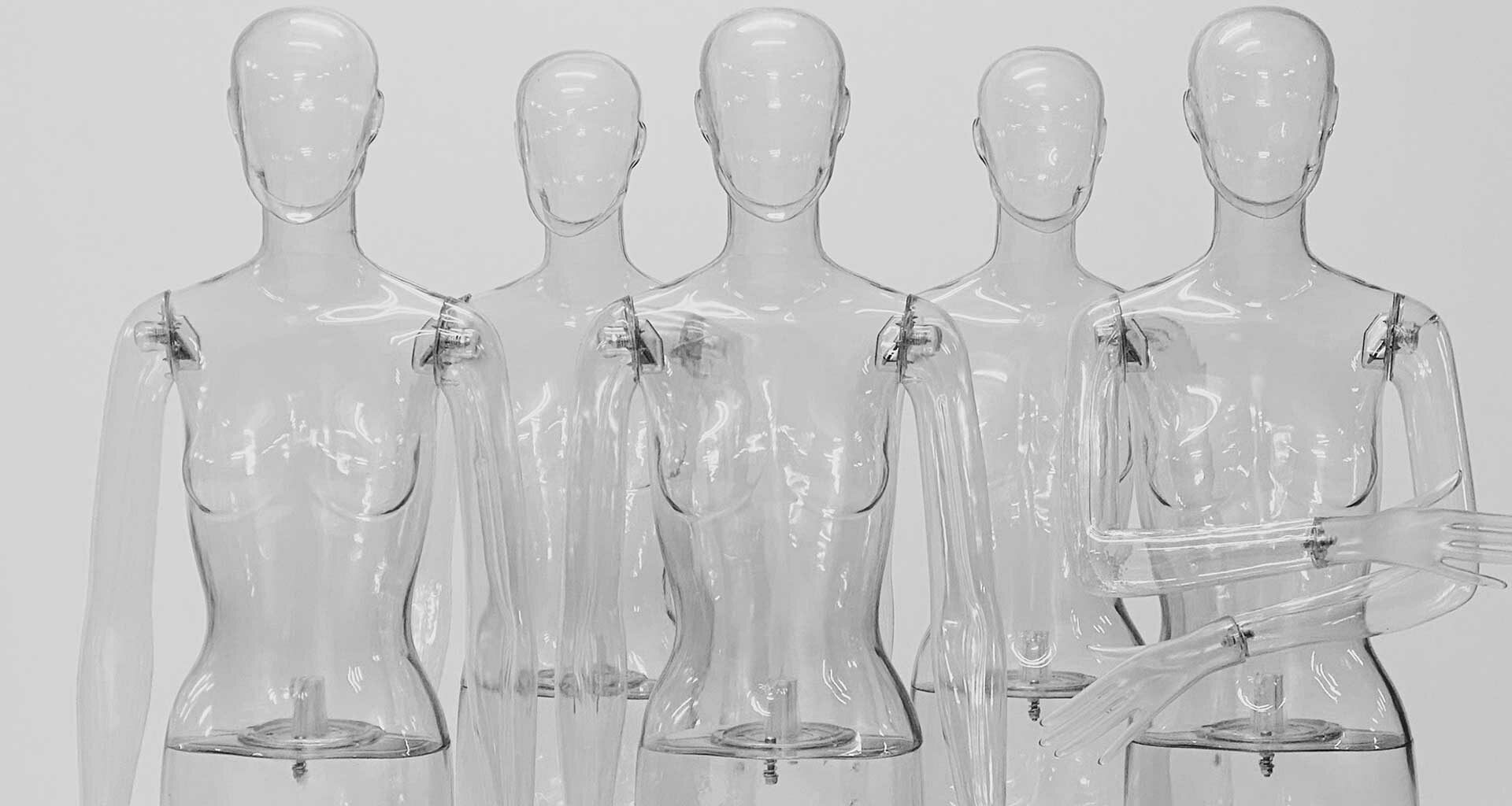As consumers we deal with a lot of different cycles. Life cycles, sleep cycles, even wash cycles. There are loftier cycles. Like lunar cycles and solar cycles. And there are, of course, cycles that move us; bi, tri, and uni! But in this case I’d like to focus on business cycles. More specifically, those having to do with brands. And in this precise instance, “brand authenticity cycles.”
Brand authenticity cycles are, more often than not, also Möibus cycles, i.e., brand authenticity always leading back to itself. It goes something like this: Brand Authenticity = Product Authenticity = Brand Authenticity = Experiential Authenticity = Brand Authenticity. . . and so the cycle goes.
You hear a lot about how brands are supposed to be “authentic,” although you’re likely to hear different definitions from different brands, some related to category, some related to experience, and some actually related to brand. Some designations will sound more plausible than others, but that’s marketing for you. Brand Keys views “brand authenticity” as the ability for a brand to meet the expectations consumers hold for the values and components that drive category and consumer behavior, and – this is very, very important – values a brand can believably own. The best and most leveragable are emotional category values. Those are the ones that a brand wants to believably own.
The critical words in that last phrase were “believably own.” It turns out that there’s an enormous difference between a brand saying something, a brand doing something, and a brand saying and doing something believably. If it helps, think of it as a brand’s emotional version of “a promise made, should be a promise kept.” In a world where consumers talk to themselves before they talk to brands, you definitely want consumers to feel that your brand is keeping its promises – more specifically, promises you make about your products or services – and, thus, protect your brand’s authenticity acuity.
But here’s the thing. If you look up the dictionary definition of “authentic,” advertising and attendant marketing tactics by their very natures aren’t authentic. That’s not necessarily a bad thing, it’s just way language works. Brands look to position themselves in the best light. If not, they should consider an agency review! But in an age when consumers are born hotwired to the Internet, reality, the acid test of advertising, and authenticity, the jack-acid test of marketing is only a tweet or a Google search away. So, you hear a constant buzz the need to be “authentic.”
Good brand marketers need to understand that not only must their brands be authentic, but their products must be authentic too.
In the retail sector, “authenticity” has a lot to do with “trusting what the brand says or sells,” which has a lot to do with “brand reputation,” which has a lot to do with “customer loyalty,” which has a lot to do with “sales,” which has a lot to do with. . . well, you get the point. This is another cycle that exists in all retail sectors, but perhaps more particularly in the sub-category “discount retailers.”
In a category sector where low-lower-lowest prices correlate so very highly with the perception of value, consumers ask the question, does the product deliver on what was promised and do I feel I received real value? (The essential word there was “feel.”) Consumers don’t think how they feel. They don’t say what they think, and they don’t do what they say. The decision process in the discount retail sector is currently 75:25, emotional to rational. Authenticity is why brand responsibility for things like illegal child labor practices ultimately came back to haunt discount retailers themselves.
They weren’t running the sweatshops, but who else was the customer to blame? Sure, cheap is cheap. But do consumers really care where a product is manufactured anymore? Or how? Or if it’s exactly up to specs? Or whether political prisoners are sewing soccer balls with their teeth? The easy, intuitively obvious, and rational answer is, of course “yes,” but brand loyalty research in, in this instance, the discount retail category proves it’s so. And to a much larger extent that has previously been assumed.
A recent Brand Keys study examined Target and Walmart shoppers and measured the connection of authenticity to actual behavior in the marketplace. It turns out that people who felt the brand more “authentic,” shopped the brand six times more frequently, bought more products from that retailer, and were also more likely to rebuff competitive offers, especially the ones that were price-based. They don’t call it “discount retail” for nothing! But price wasn’t as leveragable as you might have thought even in these inflationary times.
So, an authentic brand yielded more loyal customers, which is probably precisely what you thought. Or suspected. Or read about. Or have been taught. But it also turns out that “authenticity” is strongly related to expectations consumers hold for, well, everything, but primarily for primacy-of-product, the head-nodding response to the question, “Did I get what I paid for?”
Good brand marketers need to understand that not only must their brands be authentic, but their products must be authentic too. And while our studies have confirmed that precept, perhaps Shakespeare said it best:
This above all: To thine own self be true,
And it must follow, as the night the day,
Thou canst not then be false to any man.
Particularly when they have Internet access and are armed with smartphones.
 Robert Passikoff is founder and CEO of Brand Keys. He has received several awards for market research innovation including the prestigious Gold Ogilvy Award and is the author of 3 marketing and branding books including the best-seller, Predicting Market Success. Robert is also a frequent contributor to TheCustomer.
Robert Passikoff is founder and CEO of Brand Keys. He has received several awards for market research innovation including the prestigious Gold Ogilvy Award and is the author of 3 marketing and branding books including the best-seller, Predicting Market Success. Robert is also a frequent contributor to TheCustomer.
Photo by Anh Tuan To on Unsplash













